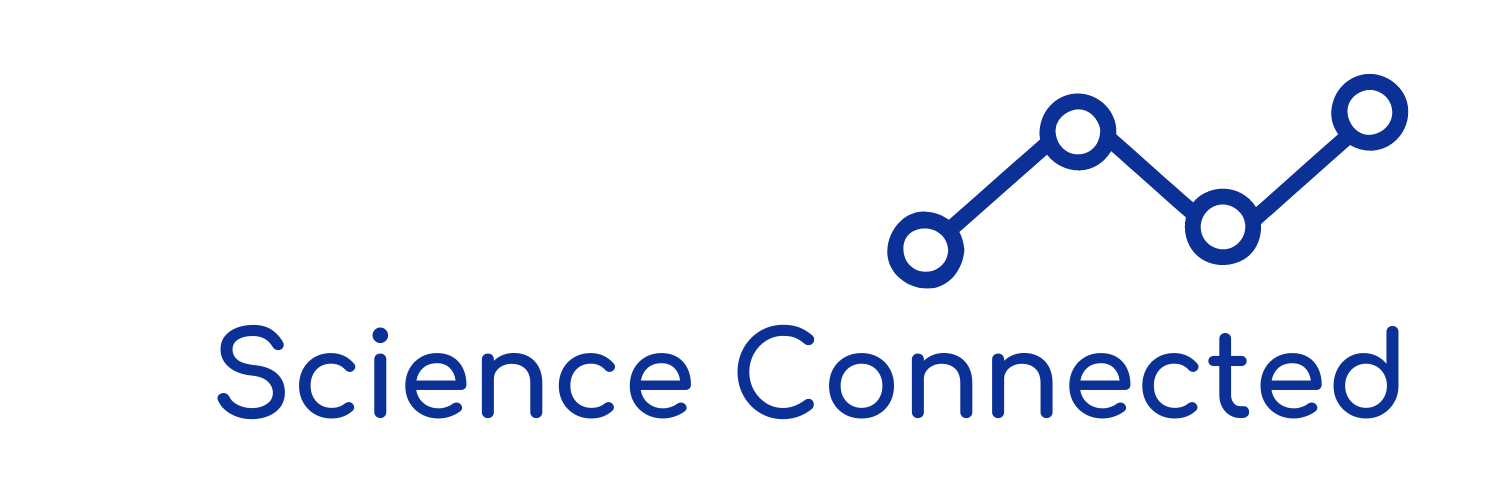Citizen science is an effective partnership between scientists and nonscientists that, when done well, offers benefits to the participants and beyond. Scientists can gain valuable data, analysis, and assistance in performing high-level procedures; community members can gain essential understanding of their environments and increased scientific literacy. Also, countless species and habitats benefit from the large-scale, collective efforts that citizen science makes possible.
Science, particularly the science of conservation, is often a collaborative process. Whether within a single discipline or across numerous fields, people work together to achieve goals. When it comes to environmental science, those goals may be as narrow as identifying what chemical compounds are released into a series of streams due to toxic water runoff, or as broad as establishing protections for endangered species across the globe.
Citizen science is a term that applies to a collaborative scientific process in which non-scientists, or citizen scientists, participate. Garbarino and Mason (2016) define a scientist as a trained professional, often with a postgraduate degree, who is employed in a scientific field. Citizen scientists may have received science education or have participated in research, but they are not employed as scientists. The words scientist and researcher will be used interchangeably in this paper, as will non-scientist and citizen; in this context, citizen refers not to one’s personhood, but to one’s position as a non-scientist.
Programs are active in many disciplines, such as astronomy, physics, biochemistry, neuroscience, and more. A simple web search for a citizen science project in any of these fields will yield countless results, as these types of projects have become more popular over the past decade (Pocock, Tweddle, Savage, Robinson, & Roy, 2017). Additionally, citizen science exists in countries around the globe.
For those with greater interest in the topic, we highly recommend reading about the work of the European Citizen Science Association (ECSA), a multinational organization that researches, advocates, and enhances the connection between science and public policy. For those interested in learning about collaborative scientific research as it relates to fields outside of the environment and conservation, we recommend visiting SciStarter.com.
Science Connected offers several free resources for anyone interested in learning more about collaborations between scientists and the public, or getting involved in projects.
Citizen Science Articles
Search and read free articles about citizen science projects in Science Connected Magazine.
Citizen Science: A Tool for Conservation
Download and read this white paper from Science Connected.
SciStarter Blog
SciStarter is the place to find, join, and contribute to science with more than 2,700 searchable formal and informal research projects and events. Read about it in The SciStarter Blog.
